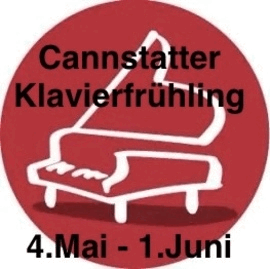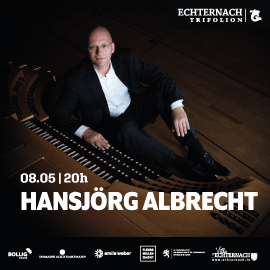Ein Doppelalbum, gewidmet der Orgelmanufaktur Stumm: Edoardo Maria Bellotti, Professor an der Hochschule der Künste in Bremen, präsentiert in dieser Aufnahme die breite Klangpalette der Stumm-Instrumente, die die deutsche Orgellandschaft von etwa 1720 bis 1895 – Bau der letzten Orgel – prägte.
Bellottis Spektrum reicht vom frühen Barock bis in die Wiener Klassik, von Johann Caspar Kerll bis Joseph Haydn. Beeindruckend ist vor allem Bellottis differenziertes, transparentes Spiel, das kein Detail übersieht. Viele Werke sind in der Liturgie angesiedelt, Kompositionen, die der Organist quasi von innen betrachtet, sehr introspektiv spielt. Zarte, weiche Klänge – die Mittellagen ergänzen hervorragend die gelegentlich spitzen hohen Töne – verstärken den meditativen Charakter der Musik.
Den musikantischen, eher erfrischenden, festlichen, majestätischen Orgelklang lotet der Interpret z.B. in Vivalids Konzert La Notte oder auch noch in der Sinfonia L’Imperiale el Signor Haydn von Johann Christian Bach aus. Eine insgesamt stimmige Hommage an die Kunst der Orgelbauer aus der Familie Stumm, die aus dem Hunsrück (Rheinland-Pfalz) stammt.
A double album dedicated to the Stumm organ manufactory: Edoardo Maria Bellotti, professor at the Hochschule der Künste in Bremen, presents in this recording the wide range of sounds of the Stumm instruments that shaped the German organ landscape from about 1720 to 1895 – construction of the last organ.
Bellotti’s spectrum ranges from the early Baroque to the Viennese Classical period, from Johann Caspar Kerll to Joseph Haydn. Most impressive is Bellotti’s differentiated, transparent playing, which overlooks no detail. Many works are set in the liturgy, compositions that the organist plays from the inside, as it were, very introspectively. Delicate, soft sounds – the middle registers excellently complement the occasionally pointed high notes – reinforce the meditative character of the music.
The performer explores rather refreshingly the festive and majestic organ sound e.g. in Vivalid’s concerto La Notte or still in the Sinfonia L’Imperiale el Signor Haydn by Johann Christian Bach. An altogether harmonious homage to the art of the organ builders from the Stumm family, which comes from the Hunsrück (Rhineland-Palatinate).






















